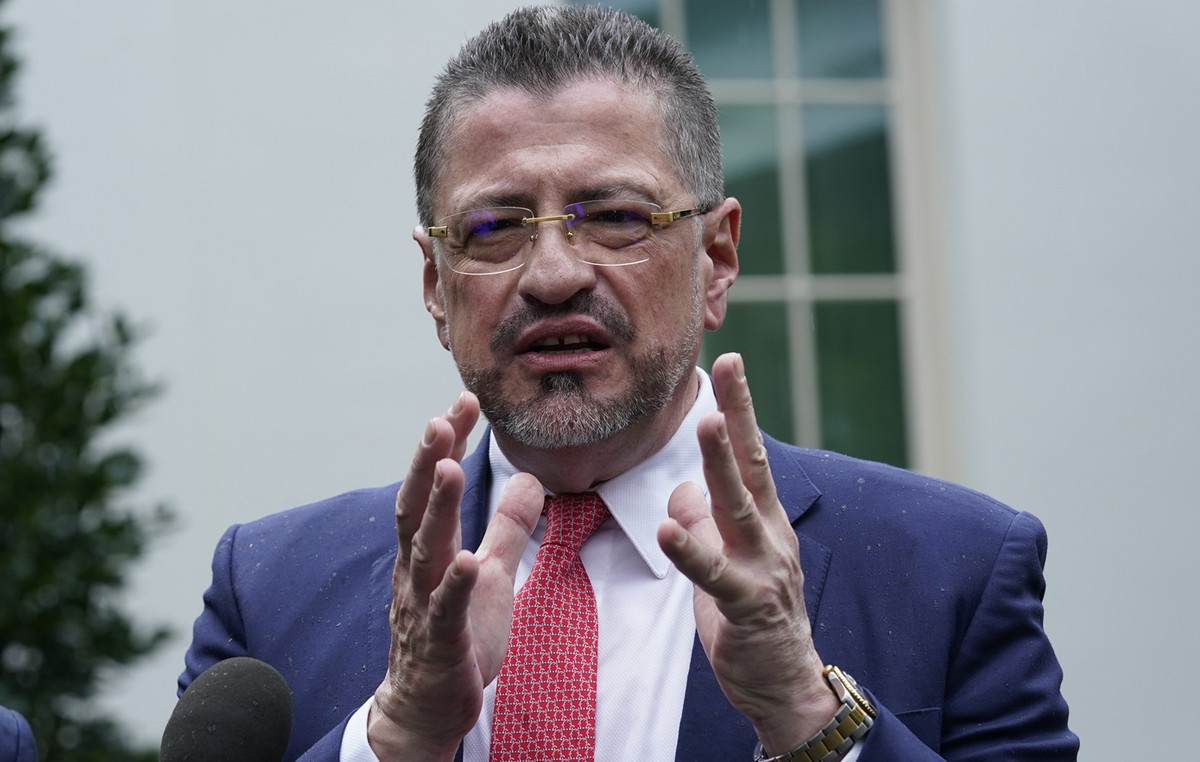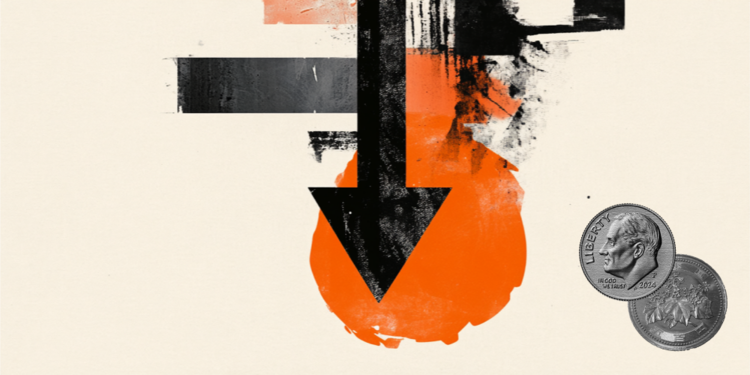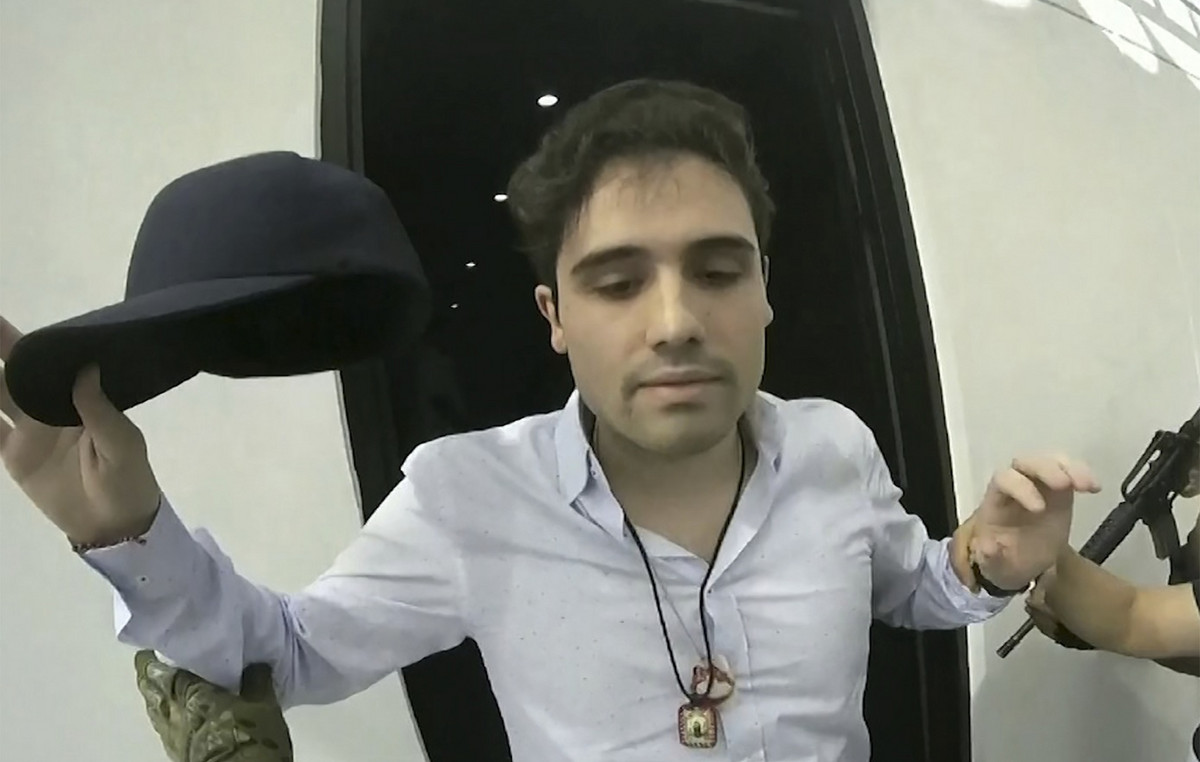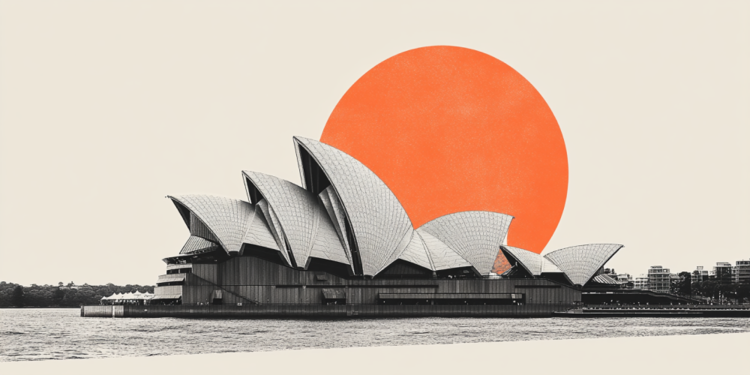Vaccines against Covid-19 were developed with the main objective of preventing the development of serious conditions and deaths from the disease. After a series of analyzes that certify that immunizers are safe and effective, scientists are trying to understand how long the protection offered by vaccines lasts.
Scientific evidence currently available indicates that immunity tends to reduce over time, between six and eight months after completion of the primary regimen, which includes two doses for most vaccines.
Given this scenario, countries have mobilized to apply additional booster doses, with the aim of expanding the immune response and protection against the new coronavirus. After the adoption of a third dose as a booster to the initial immunization schedule, the debate reignited from discussions about the need for a fourth dose against Covid-19.
Since 2021, the World Health Organization (WHO) has warned that before moving forward with the application of additional doses of vaccines against Covid-19, it is necessary to ensure that all countries have access to immunization agents. The unequal distribution of doses between rich and poor countries widens gaps in vaccination and poses a risk to the global response to the pandemic.
In Brazil, the Ministry of Health authorized in December the application of the fourth dose against Covid-19 to immunocompromised individuals over 18 years of age who have already completed the primary vaccination course – that is, they have taken both doses of the vaccine and the additional dose. . This week, the audience suitable for the fourth dose was expanded to teenagers, between 12 and 17 years old, who fit this priority group.
The primary vaccination schedule for this group should be done with three doses – first, second and the additional dose – with an interval of eight weeks between them. Upon completion of this regimen, a booster dose is still recommended four months after the third dose (or additional dose).
The Minister of Health, Marcelo Queiroga, argues that the adoption of the fourth dose for the general public depends on more robust scientific evidence.
“Before wanting to apply the fourth dose without scientific evidence, let’s move forward with the application of the third dose of vaccine”, he said. “Brazil applied about 30% of its population with a booster dose. We need to move forward with the booster dose and not want to apply a fourth dose without still having solid scientific evidence”, completed Queiroga at an event this Saturday (12).
Need for scientific evidence
In an interview with CNNinfectious disease specialist Jamal Suleiman, from Hospital Emílio Ribas, in São Paulo, pointed out the need for in-depth studies that can support the decision to apply the fourth dose to the general population as a public health strategy.
“The fourth dose in an unrestricted way, there is no room for it because there is no robust data to show that this additional dose at this time will change the profile of the disease or infection,” he said. “Today, the most advanced states have 80% of their population with one or two doses of their vaccination schedule. We still have 20% who haven’t taken any doses,” he added.
For the specialist, definitions of vaccination strategies must be accompanied by scientific evidence. “Observing the data means seeing if in certain age groups or population groups, which have already been vaccinated, the infection with repercussions on its serious outcome or transmission gets out of control”, he said.
According to Suleiman, the analysis of the immune response of the population may allow the decision on the application of the fourth dose.
“By looking at the post-vaccination coverage data of your population, you can establish who are these most vulnerable populations, for example, who do not meet the immunodeficiency criteria. People over 60 years old, for example, have a greater difficulty in having a potent immune response to protect against this virus, which is the first time it affects humans”, pointed out the infectologist.
Source: CNN Brasil







